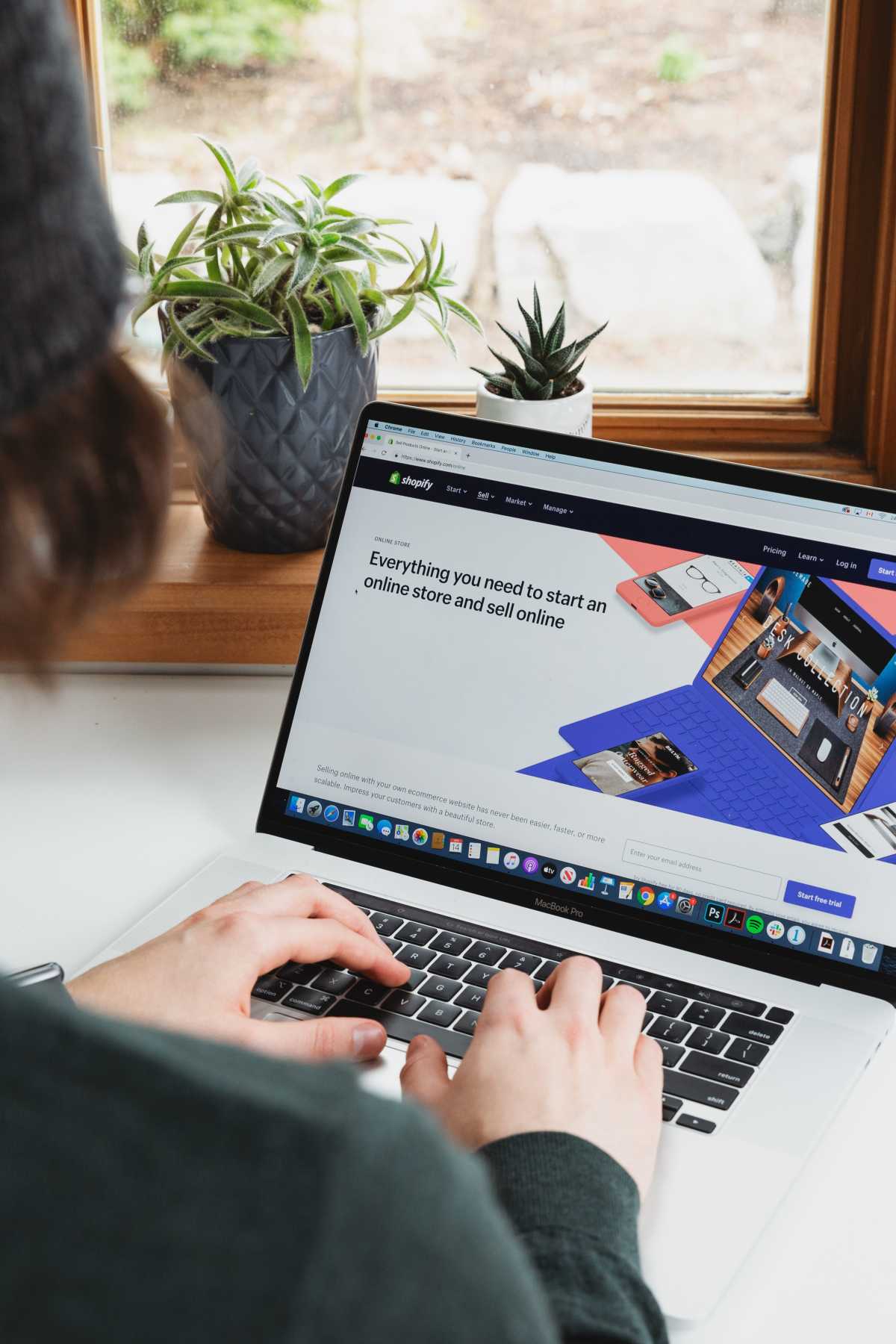According to The Office for National Statistics (ONS) online sales rose across most sectors in 2024. Statista claims this amounted to almost £3billion in online sales last year. With this in mind, if you've got an idea for an e-commerce business – this could be the time to get started.
In this blog we offer some tips on how to start your own e-commerce business.
Check your employment contract
Before you get stuck into starting your business, you need to check your employment contract.
While many businesses may not have a policy that prevents you from starting something on the side, it's always best to check. You want to make sure you don’t land into any hot water – or potentially lose your full-time job – if your contract says you aren’t allowed to start another business.
It’s better to be safe than sorry. Even if there’s no clause in your contract about starting a business, it’s best to make sure your small business doesn’t affect your full-time job.
How to set up your business
Once that’s sorted, it’s time to get started with making your e-commerce business a reality!
First you’ll need to plan and research your business idea. There are loads of different areas where you can start – from teaching or coaching and selling homemade items to affiliate marketing. Speak to friends and family to bounce ideas around, or join a Facebook group with other small business owners. You can find some ideas and inspiration here.
Now comes the fun part – finding a name. This is a chance for you to get creative but you'll want to make sure the name you pick represents your brand in the right way. Make sure to do some research into what other businesses in your space are doing and are called so that you can set yourself apart. This is also a great time to make sure no one else has the same name as you.
Once you’ve done that, you can get on to writing a business plan. This is a good chance for you to document your approach, how you’ll position it and understand your competitors more. You can find information on how to tackle your plan here.
Online marketplaces
When it comes to running your e-commerce business, you might need some digital tools to help you plan, manage and bring your passion to market.
Online marketplaces are a good place to start and there are a few that could help you.
Startups.co.uk did extensive research into the best e-commerce platforms for small businesses and found that Wix.com comes out on top. The analysis shows that it’s a great all-rounder platform. Though there is a cost for e-commerce and business plans. Prices start at £9/mo for the Light plan and go up to £119/mo for the Business Elite plan*.
Second on the list was Shopify because of its powerful selling tools. There’s currently a promotion on where you can get Shopify for £1/mo for three months, from there you’d get to choose the plan that suits you best**.
Finance and social media tools
When running your e-commerce store, there are some other tools you might need to help manage your finances, keep track of your projects and help to schedule and analyse your social media.
A lot of tools will either have a free option or offer a free trial. It’s always great to test something out before you put any money behind it.
For your finances, platforms like FreeAgent allow you to get a full picture of both your historical income and potential future profits – all on a handy dashboard.
There are also additional features like invoicing and a built-in time-tracking tool to capture every second that you work on a project, which can then be transferred to an invoice if you need to bill clients. If you’re a Mettle customer, you can get FreeAgent included.
Social media is a great way to market your e-commerce store and keep your customers (both existing and new) up to date with what’s happening. There are a number of social tools out there to try like Buffer (which has both free and paid plans).
It allows you to publish to multiple channels through its Chrome extension or the Buffer software. Not only can you schedule posts across your social channels, but you can also see the analytics behind posts and how you’re engaging with your audience.
Understanding tax
So you have an idea, and you’re getting started with your e-commerce side business. But what about tax?
When it comes to tax for your small business it all depends on how much you’re earning. Everyone has a £1,000 tax-free trading allowance, so you don’t need to tell HMRC about any income if it’s less than that in one tax year.
If you are likely to go over that, you need to register for a Self Assessment tax return. Check out this handy guide from Elaine Calrk, founder of Cheap Accounting.
Starting your own e-commerce story might seem daunting at first but with some passion, planning and commitment you can turn your dreams into reality.
*Prices correct as of 4 February 2025
** Prices correct as of 4 February 2025





